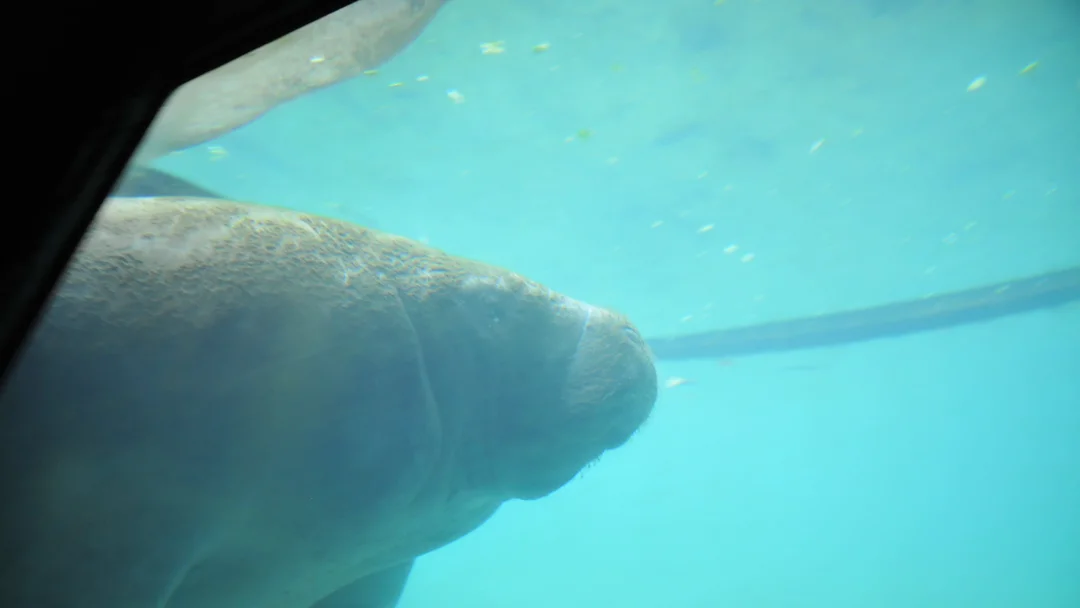
Manatees in Crisis: Judge’s Ruling Shakes Up Florida’s Water Protection Efforts
Florida’s gentle manatees, icons of the state’s natural beauty, have become the center of an environmental reckoning. Following years of alarming mass die-offs and starving animals washing up on shore, a federal judge has ruled that the Florida Department of Environmental Protection (FDEP) violated the Endangered Species Act, with tragic consequences for the already threatened manatee population. This landmark decision not only signals a shift in the enforcement of wildlife protections in Florida but resonates across the country, setting a new legal precedent for state accountability.
At the heart of the issue is the Indian River Lagoon, especially in Brevard County, where a perfect storm of nutrient pollution, fueled by agricultural runoff, wastewater discharge, and lax water quality enforcement, devastated the lagoon’s seagrass beds. These underwater meadows are the primary food source for manatees. As seagrasses disappeared, manatees resorted to eating less nutritious alternatives—or starved. In 2021 alone, a record 1,100 manatees perished statewide, many of them emaciated. Although the number dropped slightly in subsequent years, over 550 manatee deaths were still reported in both 2023 and 2024.
Federal wildlife officials and advocacy groups like Bear Warriors United led the charge, arguing that FDEP’s permitting of wastewater discharges was directly linked to the mass mortality. Judge Carlos Mendoza agreed, stating “there is a definitive causal link between FDEP’s wastewater regulations and an ongoing risk of manatee takings.” Under the Endangered Species Act, even indirect harm from otherwise lawful activities is a violation. The judge’s remedy: FDEP must secure an Incidental Take Permit, coupled with a Habitat Conservation Plan, to strictly limit further casualties.
The ruling brings the “silent” plight of manatees into the spotlight. Advocacy leader Katrina Shadix put it bluntly: “Florida’s manatees can’t speak for themselves—but Bear Warriors United just roared on their behalf.” Adding to the urgency, federal lawmakers have called water pollution a broader threat to Florida’s future, warning that what happens to manatees is “the canary in the coal mine” for the state’s human and environmental health. As Rep. Brian Mast notes, clean water is “essential to our way of life.”
The state, meanwhile, highlights recent efforts and investments in lagoon restoration, but the judge and independent analysis underscore how recovery could take a decade or more, especially if legacy pollutants continue to foster harmful algal blooms. Environmental scientists warn that unless nutrient pollution is aggressively curbed—not merely managed—manatees and the ecosystem at large remain at grave risk.
This case is more than an emblematic court fight; it is a call for fundamental change and a test of political will. Shouldn’t the survival of such a beloved species—and the health of Florida’s waterways—be reason enough for urgent action?
Let us know your thoughts in the comments: should Florida do more, and what should happen next to protect manatees and the waterways they depend on? Share your perspective and join the debate on the future of Florida’s wildlife.